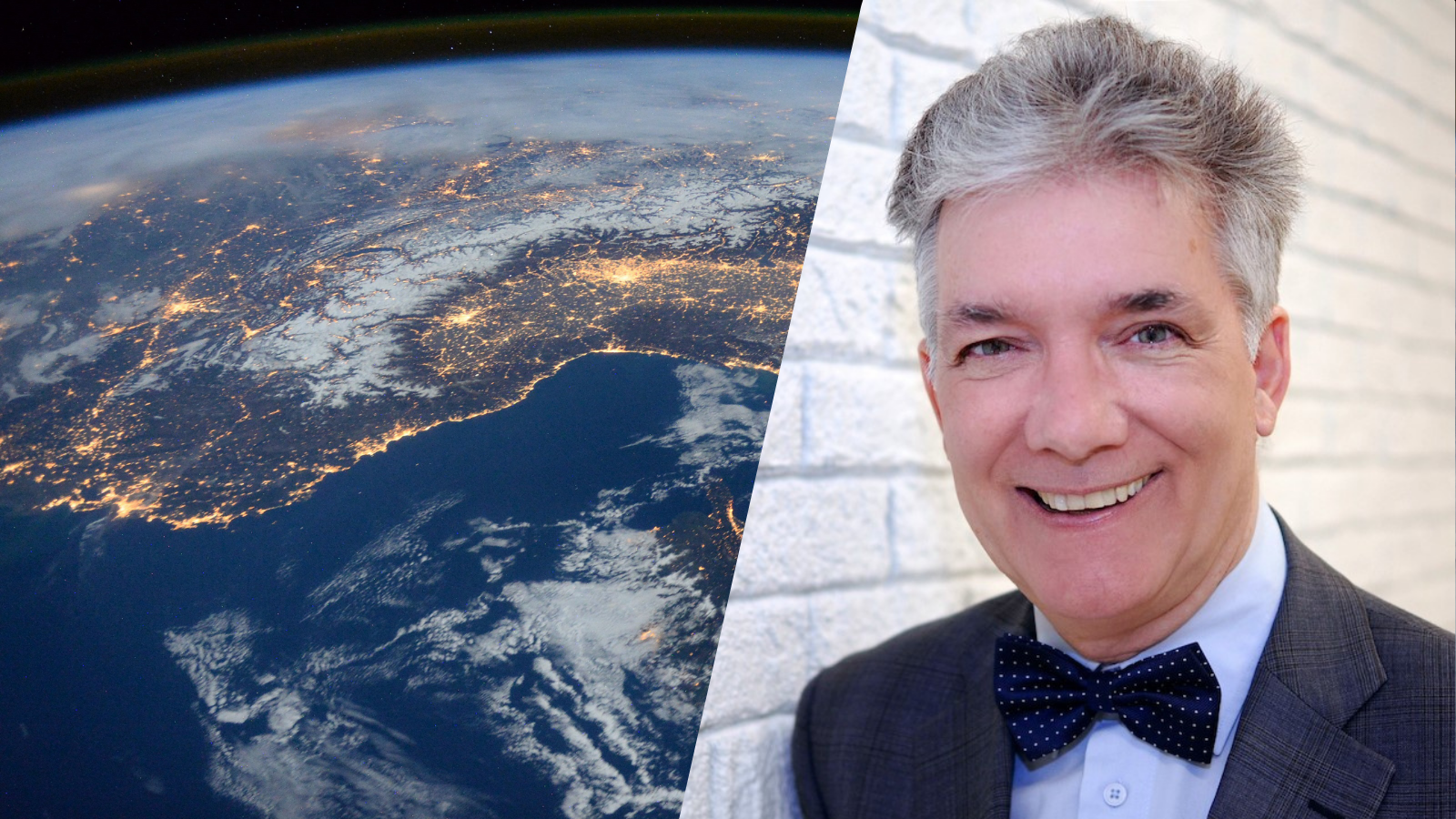
Questions of self-determination are ever-present within the world order created by the United Nations and, if anything, they seem to be increasingly present, creating a difficult test for the international community and its institutions. The European Union is no exception to this and several national communities claim their right to self-determination in respect to one of its Member States. So far, the European Union has painstakingly avoided any involvement in these political disputes and has supported whatever course of action the concerned Member States have had to these demands, arguably overlooking some of the democratic principles that are the basis of the Union.
Please join us for the next discussion in our series on Democratic Governance and the Question of Self-Determination with Daniel Turp, Professor Emeritus at the Faculty of Law at Université de Montréal, and President of the Research Institute on Self-Determination of Peoples and National Independence (IRAI) on "The Collective and Democratic Right of All Peoples to Freely Determine Their Political Status."
Abstract: "The International Covenants on Human Rights affirm in a common Article 1 that "all peoples have the right of self-determination" and that "by virtue of that right they freely determine their political status ...". In our conference, we will look at the scope of the affirmation of this collective right, and in particular at the existence of a right to national independence as a means of determining the political status of all peoples. We will try to find out whether current practice leads or is likely to lead to the recognition of a democratic right to determine one's political status and to choose, if such is the choice freely expressed by a people, national independence."
Daniel Turp is an Emeritus Professor at the Faculty of Law of the Université de Montréal where he taught international law and constitutional law between 1980 and 2020. He remains an associate professor which allows him to continue to supervise doctoral theses. He was a guest professor in several Québec, Canadian and European universities as well at the Strasbourg International Institute of Human Rights and The Hague Academy of International Law. He was a guest researcher at Harvard University’s Faculty of Law. He studied law as an undergraduate at the Université Sherbrooke, Quebec. He earned a master's degree at the Université de Montréal, a Diploma of International law at the University of Cambridge and a Doctorat d’État (Ph.D) (summa cum laude) at the Université de droit, d’économie et de sciences sociales de Paris (Paris II). He also was the first Quebecer to be granted the prestigious Diploma of The Hague Academy of international law. He is president of the Québec Association of Constitutional Law (Association Québécoise de droit constitutionnel) (AQDC) and president of the Board of the Québec Society of International Law (Société québécoise de droit international) (SQDI). He also heads the Institut de recherche sur l’autodétermination des peuples et les indépendances nationales (Research Institute on Self-Detgermination of peoples and National Independence) (IRAI).

